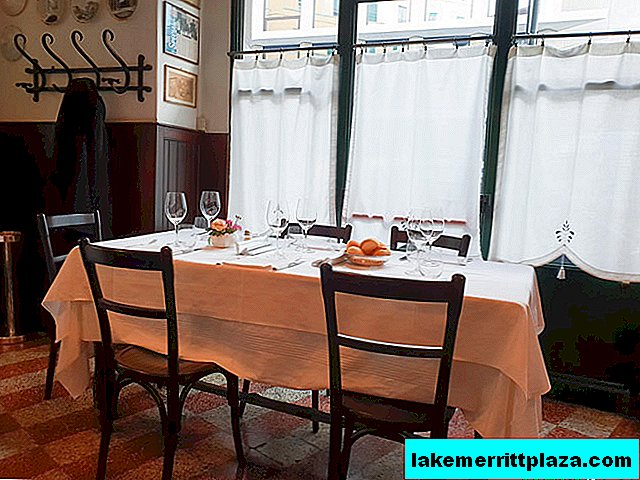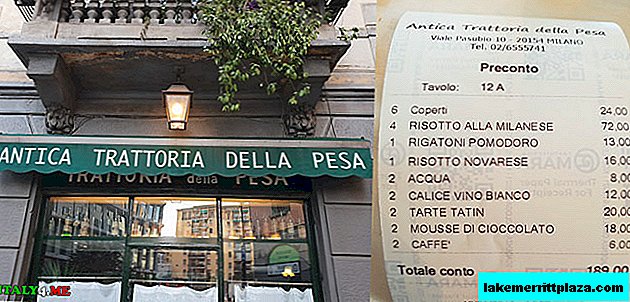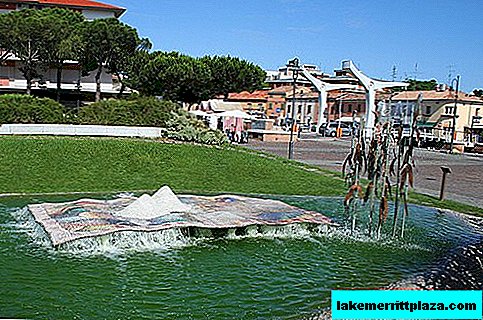We went for lunch at the restaurant Antica Trattoria della Pesa to eat a real Milanese risotto on the advice of the locals - this is a historical institution with traditional Milanese cuisine. Pesa - translated from Italian as scales.
Here's what the owners say about the restaurant:
One of the oldest restaurants in Milan, located where, until the 80s of the XIX century, goods received from outside the city were weighed to pay duties, and then passed through Porta Comasina, now Porta Garibaldi . A place full of history, always visited by local and foreigners. The ambitions of the owners, the Sassi family, are to preserve the atmosphere and authenticity of the furniture: tiled stoves, a wooden floor and old plates, care about the quality of traditional Lombard cuisine. A corner of Milan where good taste and traditions meet.

- Official website of the restaurant: anticatrattoriadellapesa.com
- Address: Viale Pasubio, 10, 20154 Milano MI, here is the point on the map
- Phone for reservations: +39 02 6555741
Menu and prices
The prices on the menu are slightly above average in Milan. Antipasti (snacks) cost from 10 to 16 euros. First courses (Primi Piatti) from 13 to 18 euros. Second courses (Secondi Piatti) 26-38 euros, and desserts (Dolci) 8-12 euros.

What did we eat
The choice of the majority was obvious - risotto in Milanese (risotto milanese), it was this traditional dish that I wanted to try for sure.
The dish was beyond praise and everyone liked it.

I decided to treat myself to Rigatoni Pomodoro pasta.

For dessert, my companions chose apple tart tatin (tarte tatin) and chocolate muse (mousse di cioccolato), everyone was satisfied, very tasty.

Score
The lunch bill for 6 people was 189 euros. Service for the service (Coperti) in trattoria is 4 euros per person.

Of course, in Milan you can dine even cheaper than 35-40 euros per person, but you should visit the ancient trattoria at least once for the sake of Milanese risotto.








